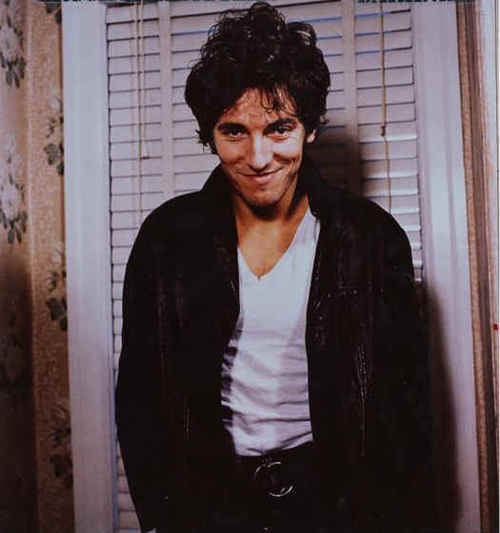
It is 35 years since one of the best albums in rock history was released, Darkness On The Edge Of Town is number 2, (some days it has the top spot) on my list of favorite albums.
Today I think it is the best rock album ever released!
It came out three years after the incredibly successful Born To Run, and three years was an awful long time between albums in the 70s. Bruce Springsteen had been tied up in a legal battle with his former manager Mike Appel but reached a final settlement in this year-long litigation with Mike Appel on May 28, 1977.
Darkness on the Edge of Town (Houston, 1978):
This meant that for the first time in a long time Bruce Springsteen was allowed into a studio. And he did. The recording of what was to become Darkness On The Edge Of Town began in June 1977 in New York City. He had a lot of material in various state of completion. Many of the songs were written or finished over the course of the sessions. He was in the studio for a long time.
Adam Raised a Cain (Paramount Theatre, 2009):
The material that didn’t make the album seeped out on a lot bootlegs through the years, it is of an incredibly high quality both sound wise and artistic. in 2010 we finally got a Darkness box that in many ways ended the need for Darkness bootlegs . There must still be a few unreleased gems in the vault, as of 2011, only 33 of more than 70 songs have been officially released.
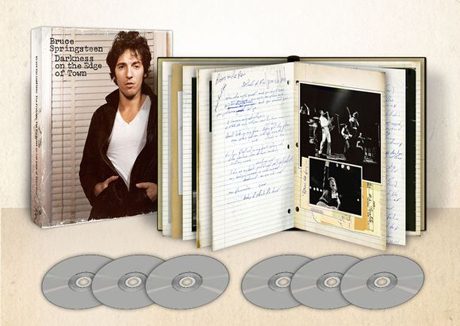
It consisted of 6 discs with the following content:
1: Darkness On The Edge Of Town (remastered )
2. Darkness on the Edge of Town (Paramount Theatre, Asbury Park, NJ, 2009)
3:Thrill Hill Vault (1976-1978) + Houston ’78 Bootleg: House Cut
4 and 5: The Promise (double album with outtakes and alternative takes)
6: The Promise: The Making of “Darkness on the Edge of Town”
In effect the most impressive and best box-set ever compiled.
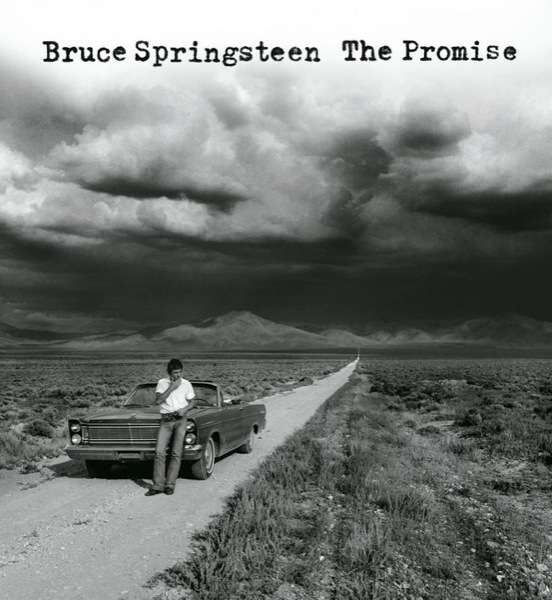
This is what the Darkness On The Edge Of Town could/should have been.
Me? I’m glad it didn’t. I really like the Promise album and in many ways it’s as good as Darkness, but I love Darkness and the ominous feel of the album that we got. I think Springsteen made the right decision when he decided to not release The Promise in 1978, it was too bright a side of the darkness. That said, The Promise gives us a better understanding of the Darkness sessions.
The Promise (interview) part 1:
The Promise (interview) part 2:
The recording sessions for Darkness On The Edge Of Town were finished early January 1978. The mixing began in January 1978 and lasted on until late March. There was a lot(!) of different mixes considered, with Springsteen changing his mind on the mix of songs as late as early April.
Occasionally, a record appears that changes fundamentally the way we hear rock & roll, the way it’s recorded, the way it’s played. Such records — Jimi Hendrix’ Are You Experienced, Bob Dylan’s “Like a Rolling Stone,” Van Morrison’s Astral Weeks, Who’s Next, The Band — force response, both from the musical community and the audience. To me, these are the records justifiably called classics, and I have no doubt that Bruce Springsteen’s Darkness on the Edge of Town will someday fit as naturally within that list as the Rolling Stones’ “(I Can’t Get No) Satisfaction” or Sly and the Family Stone’s “Dance to the Music.”
– Dave Marsh (Rolling Stone Magazine, 1978)
My favorite Springsteen song, Racing In The Street, at Capital Centre in Landover MD 1978:
Finally here is the best album you are going to hear today, Darkness On The Edge Of Town:
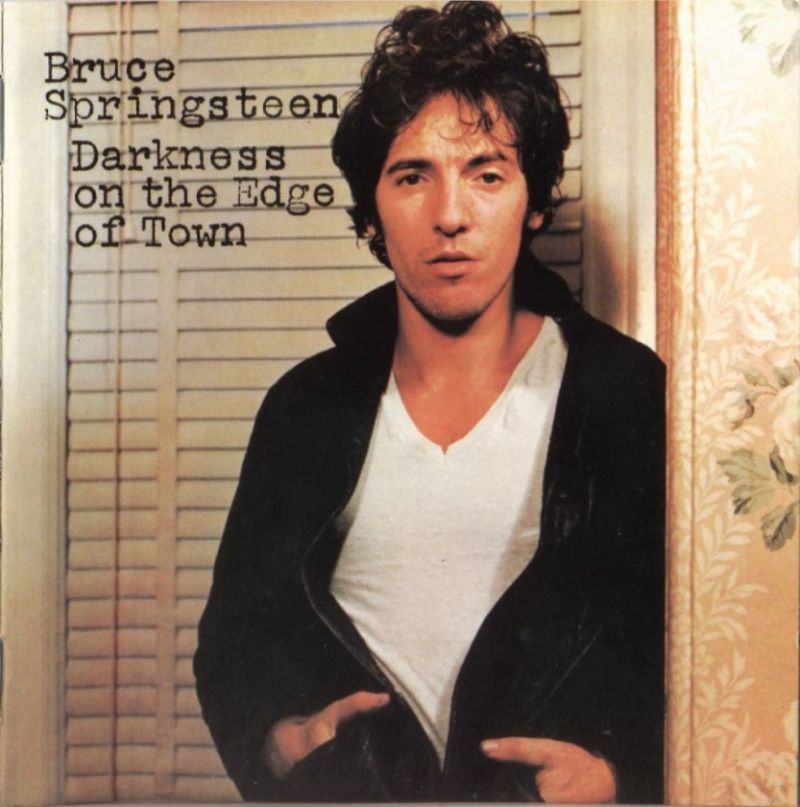
Other 2 July:
Charles Robert “Charlie” Watts (born 2 June 1941) is best known as a member of The Rolling Stones. He is also the leader of a jazz band, a record producer, commercial artist, and horse breeder.
There are many instances where Jagger and Richards have lauded Watts as the key member of The Rolling Stones. Richards went so far as to say in a 2005 Guitar Player magazine interview that the Rolling Stones would not be, or could not continue as, the Rolling Stones without Watts. An example of Watts’s importance was demonstrated in 1993, after Bill Wyman had left the band. After auditioning several bassists, Jagger and Richards asked Watts to choose the new bass player. Watts selected the respected session musician Darryl Jones, who had previously been a sideman for both Miles Davis and Sting.
A famous anecdote relates to an episode that happened in the mid 80s, an intoxicated Jagger phoned Watts’ hotel room in the middle of the night asking “Where’s my drummer?”. Watts reportedly got up, shaved, dressed in a suit, put on a tie and freshly shined shoes, descended the stairs, and punched Jagger in the face, saying: “Don’t ever call me your drummer again. You’re my fucking singer!”
Monkey Man – w/ focus on Charlie:
Ellas Otha Bates (December 30, 1928 – June 2, 2008), known by his stage name Bo Diddley, was an American rhythm and blues vocalist, guitarist, songwriter (usually as Ellas McDaniel), and rock and roll pioneer.
He was also known as “The Originator” because of his key role in the transition from the blues to rock & roll, influencing a host of acts, including Buddy Holly, Jimi Hendrix, The Rolling Stones, The Velvet Underground, The Who, The Yardbirds, Eric Clapton, The Beatles, and George Michael, among others.
He introduced more insistent, driving rhythms and a hard-edged electric guitar sound on a wide-ranging catalog of songs, along with African rhythms and a signature beat (a simple, five-accent rhythm) that remains a cornerstone of rock and pop.
Accordingly, he was inducted into the Rock and Roll Hall of Fame and received Lifetime Achievement Awards from the Rhythm and Blues Foundation and a Grammy Award from the National Academy of Recording Arts and Sciences. He was known in particular for his technical innovations, including his trademark rectangular guitar.

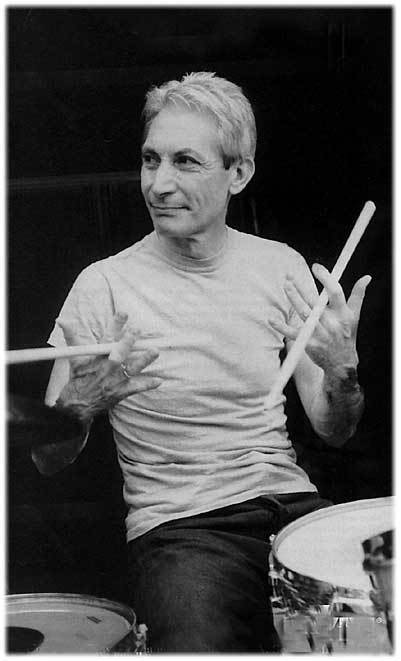
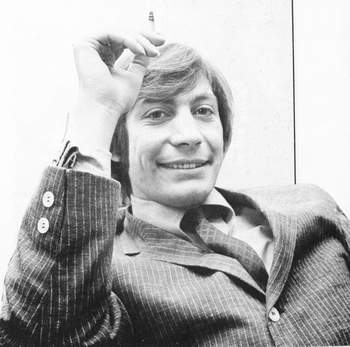
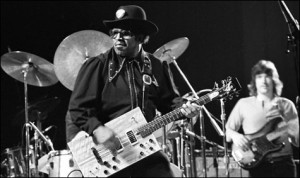
2 thoughts on “Today: Bruce Springsteen released Darkness on the Edge of Town in 1978 – 35 years ago”
Comments are closed.